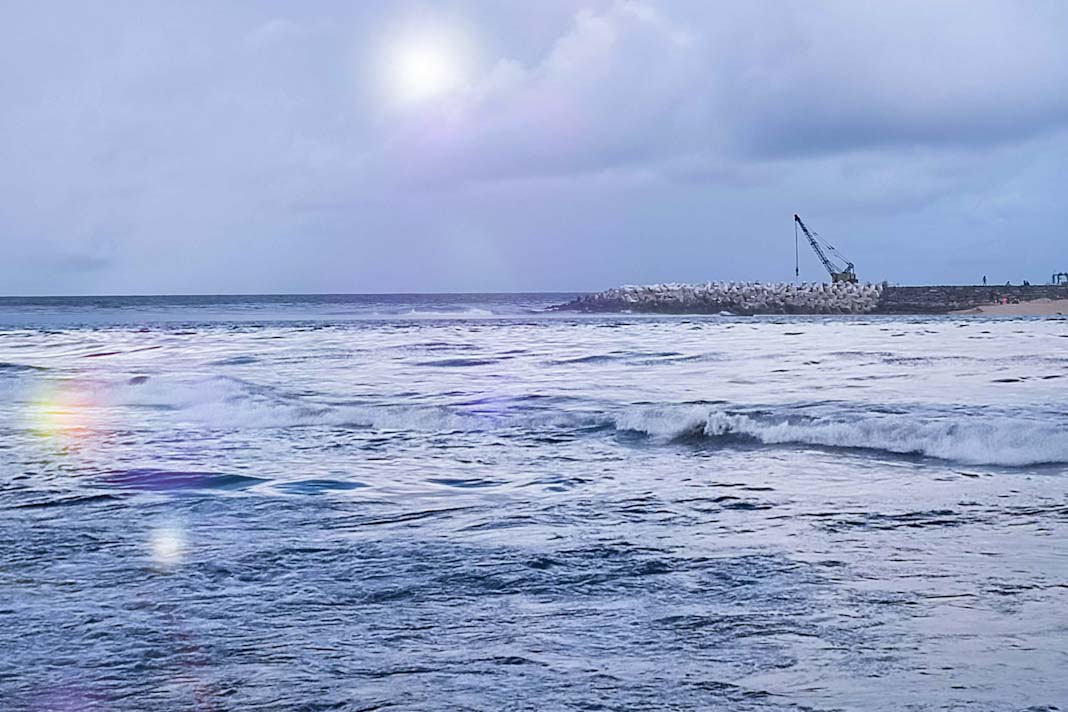- The first International Maritime Organization (IMO)/International Labour Organization (ILO) Conference on Work at Sea, held at IMO Headquarters in London, emphasized protecting seafarers’ rights, addressing working conditions, and preparing for a digitalized and decarbonized future.
- Key themes included responsible ship management, enforcing regulations, ratifying fishingrelated treaties, and collaboration among governments, industry, IGOs, and NGOs.
- Challenges such as crew change, fatigue, mental health support, and fair wages require joint efforts for effective solutions.
Protecting Seafarers’ Wellbeing
The IMO/ILO Conference on Work at Sea addressed the importance of protecting seafarers’ rights and wellbeing, recognizing their pivotal role in global shipping and emphasizing their significance during the COVID19 pandemic. IMO SecretaryGeneral Kitack Lim highlighted the need to ensure seafarers’ rights and wellbeing to retain existing professionals and attract new talent, considering the potential longlasting consequences.
New Social Contract for Seafarers
The conference emphasized the importance of delivering a new social contract that prioritizes seafarers, including young individuals and women, placing them at the heart of the shipping industry. Gilbert F Houngbo, ILO DirectorGeneral, stressed the need for a collaborative approach to retain and attract seafarers, addressing challenges and ensuring a robust legal framework.
Challenges and Collaboration
Challenges in the maritime industry, such as crew change, fatigue, mental health support, and fair wages, require collaboration between governments, international organizations, and the shipping industry. International cooperation is crucial for effective solutions, and the close collaboration between IMO and ILO is deemed more critical than ever to address challenges in recruiting and retaining personnel at sea.
Responsible Ship Management and Safety Standards
Responsible ship management is crucial to making seafaring an attractive career option, considering lessons learned from the COVID19 pandemic, especially the designation of seafarers as key workers. The lack of a binding international instrument for the maritime safety of fishing vessels was highlighted, with IMO promoting accession to the Cape Town Agreement to establish global safety standards for fishing vessels.



















